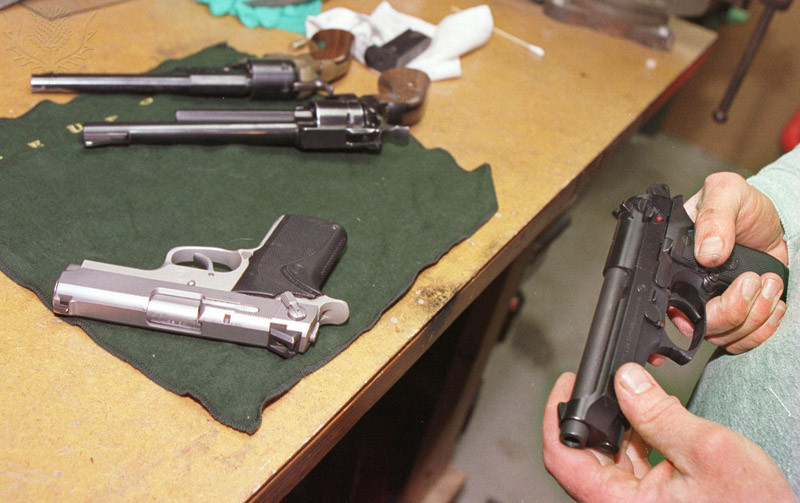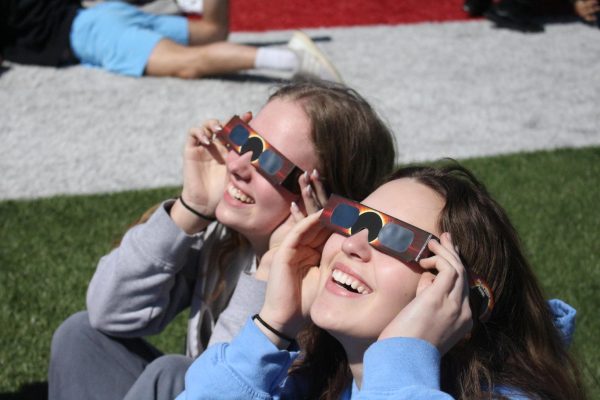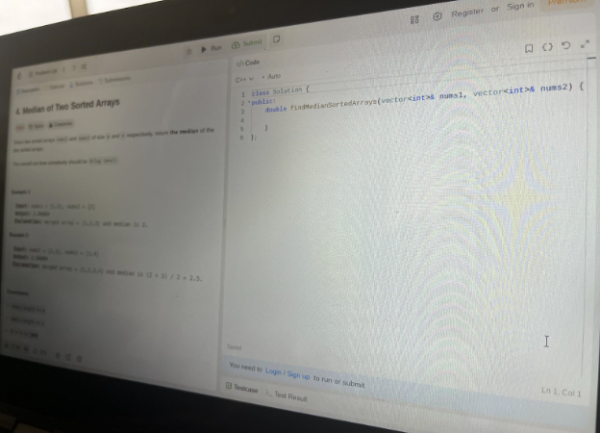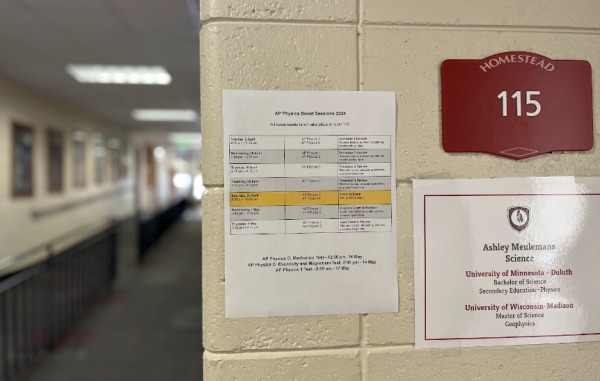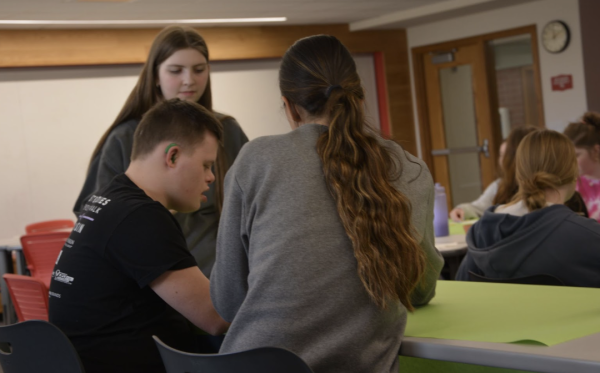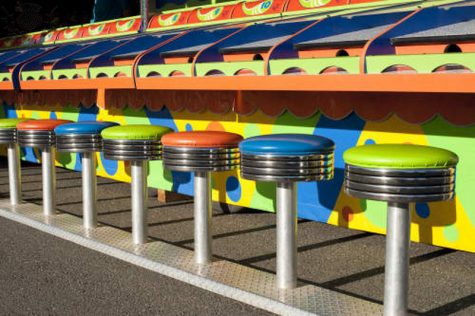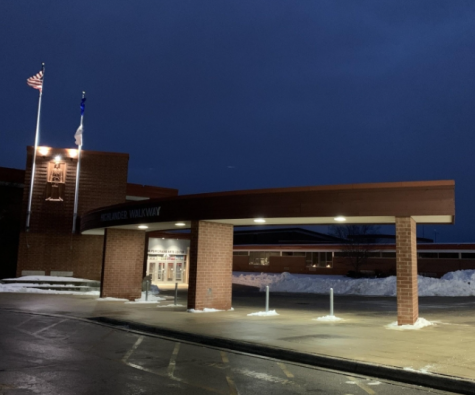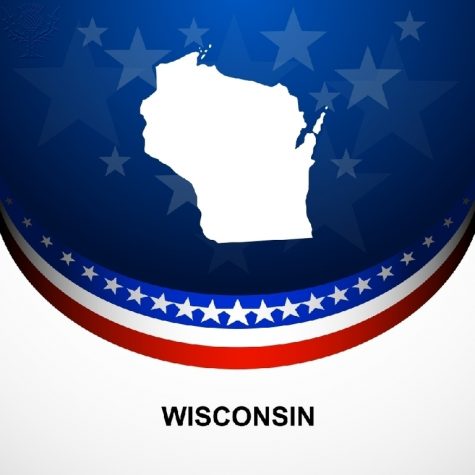Newly proposed gun law in Wisconsin
A newly proposed gun law in Wisconsin was discussed in a public hearing on May 31, 2017.
A new gun control legislation was proposed in April of 2017, known as Senate Bill 169. On May 15, the Mequon-Thiensville School Board of Education unanimously approved a Legislative Resolution opposing a state or federal law that would allow the possession of a firearm or other weapon in a school zone. “We have concerns that it’s going to make school safety more difficult to implement,” Mequon-Thiensville Superintendent Demond Means said.
According to an article in USA Today, guns are currently barred in schools, but Senate Bill 169 would allow concealed carry license holders to bring their guns onto school grounds. The bill, which more broadly would remove the training and state permits currently required for concealed carry, would allow gun owners without a license to bring their gun into a “school zone” but not the school building.
Currently, the gun law in Wisconsin allows for open carry, meaning that those over the age of 18 can legally and publically carry a firearm without a WI Concealed Weapon License. Carrying a firearm on school grounds, in a police station, mental health institute, correctional facility, courthouse, or beyond security grounds at an airport is prohibited. Wisconsin is a Shall Issue state, so to receive a concealed carry permit in, a resident must be 21 years of age. These permits cost $40 and can last for up to five years. Background checks and proof of training are also required to obtain a permit from the Department of Justice. All this applies to an in-state resident unless they have an identification card that proves that they are a current or former law enforcement officer.
The newly proposed law, SB 169, will eliminate the current public gun carrying regulations. It will allow residents to obtain a gun without a permit, training, or a background check. The law, permitting “constitutional carry” would allow out of state residents to purchase a gun in Wisconsin. It would also lower the minimum age to carry a hidden, loaded gun from 21 to 18.
SB 169 would repeal the prohibition of the possession of tasers except for an individual who also cannot carry a firearm. It is written in the new law that, “This bill also changes the definition of “firearm” by specifically excluding antique firearms, as defined under federal law, which excludes firearms manufactured before 1898 and muzzleloading firearms.”
In addition to reducing the restrictions on the obtaining of a gun, the law would also allow guns in police stations, prisons, mental health facilities, and on school grounds. The schools could then choose to create a gun-free area, and violators would receive a misdemeanor trespassing penalty. It also permits guns at school drop-off and pick-up areas, playgrounds, sports practices, and at other school zones and events. The bill authorizes that guns will be allowed in cars travelling or parking on school grounds as well.
Kerry Quimi, resident of Mequon and member of Wisconsin Anti-Violence Effort and Moms Demand Action, who spoke at the Senate hearing shared, “We felt more determined in standing up and speaking against SB 169, knowing that lawmakers are surreptitiously fast tracking such bills despite the overwhelming majority of people, including 91% of Wisconsinites – and 86% of gun owners – supporting the current law, requiring a mandatory permitting process that includes background checks and training.” As a mother of young children, she later commented, “I firmly oppose endangering our schools’ safety and intensifying students’ anxieties by allowing guns in the school environment. I strongly encourage evidence-based means to better protect our children, schools and communities such as increasing mental health resources and the simplest most important step to reduce gun violence, requiring universal background checks on every gun sale.”
“The health and safety of the children of the Mequon-Thiensville School District and of children in schools across the state is of paramount importance to me and the board of education,” Means said. “I am pleased that the board decided to voice their opposition in such a clearly articulated and powerful legislative resolution. It is my sincere hope that the legislators that have decided to co-sponsor these two pieces of legislature in the state assembly and senate respectfully will pause and consider the language that the MTSD Board of Education included in the resolution.”

Talia Eiseman is a junior who spends most of her time at her dance studio, or at the JCC participating in BBYO events for her Jewish youth group. When...

